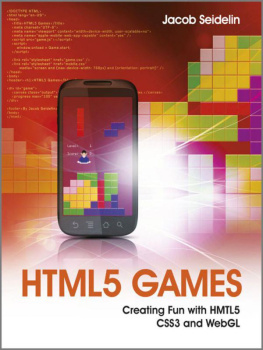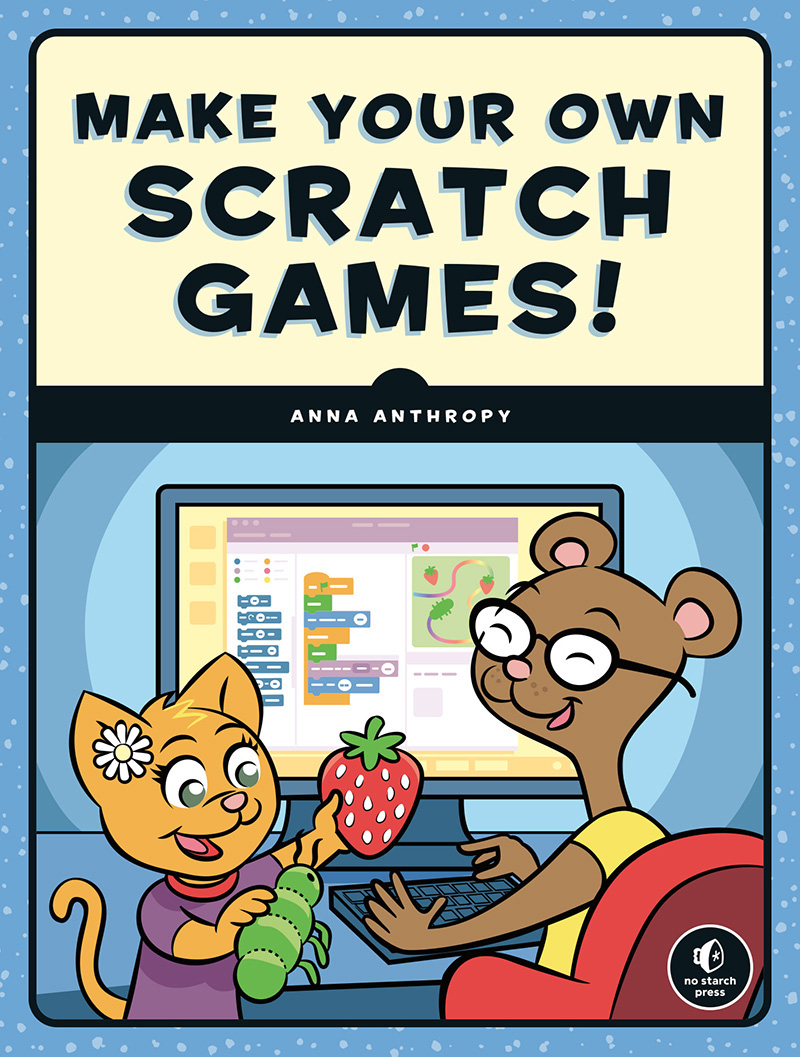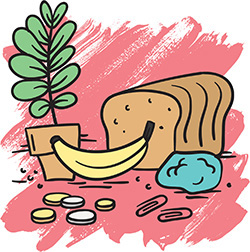Thanks to Hax for making these books happen and to Caitlin for all she had to put up with. And to my perfect nebling Camilla Grace, for giving me a material reason to want these books in the world.
Everyone Makes Games
Video games can be playful, weird, exciting, curious, magical, and even downright scary. We enjoy playing games because they act like windows into other worlds, worlds that move and change as we play with them, worlds whose rules are different than our own. (Sometimes these rules seem to make more sense than our worlds.) Games can be places we visit for a short time or places we get lost in for long stretches at a time. Through games, we can try on other personas and explore different perspectives.
Whatever games might mean for you, you should know that you can make your own games. And its a lot easier than you might think! The Make Your Own Video Games series shows you how to make fun, interactive games from scratch using a few tools.
What Youll Need
To create the games in this series, youll need the following:
- Access to a computer
- An internet connection
Thats it! In this book, well work with Scratch, a tool that makes it easy to draw characters that interact by snapping together simple code blocks to build fun, weird games.
Before you learn how to download Scratch and begin making your own games, lets first explore some history behind the games you enjoy today.
A Brief History of Games
Games have been around forever, or at least since the start of civilization. In fact, our oldest ancestors made their own games out of sheeps bones (the very first dice!). They used seeds and some holes in the dirt to make the game we now call Mancala. Tic-Tac-Toe was first played over 3,000 years ago in Egypt!
Games existed long before other activities, such as writing, painting, and 3D movies. It seems like people were born to play. Whenever a group of people agree to play by a certain set of rules, a new game is born. As these games pass on to new players, the new group puts its unique spin on it. For example, a Tag player might wonder, Wouldnt Tag be more exciting if you could rescue people whove been tagged? And just like that, a new rule is born: games grow and change over time like weird plants.
Games that are designed by a group of people instead of just one person are called folk games. No one person invented Tag. More likely, Tag had a million different authors who each added their own little touches. This is why so many different versions of Tag, such as Flashlight Tag, Freeze Tag, and Kick the Can, exist today. All it took was someone to come up with another, more fun way to play the game, and the rest was history.
The mobile games on your phones are designer games, which were made by a single person or a team of people. They arent folk games, but theyre still the result of people playing games and trying to come up with different ways to improve a game or create new games using their imagination.
While playing a game, have you ever thought, This game would be so much cooler if it just had this? If so, congratulations! You are a game designer.
Who Makes Video Games?
In the 1960s, computers were the size of an entire room: these huge computers were called mainframes. Because computers were so expensive and complicated, only a few people could use them to make video games.
One of the oldest video games, Spacewar, was written by punching holes into paper cards and then putting the cards into a computer. After writing out the code on paper, you then had to figure out which holes to punch on a card so the computer could read and understand the cards. If any of the holes were wrong, you had to start over and repunch all the cards!


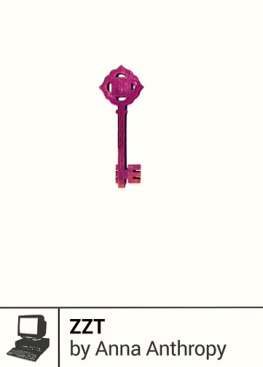
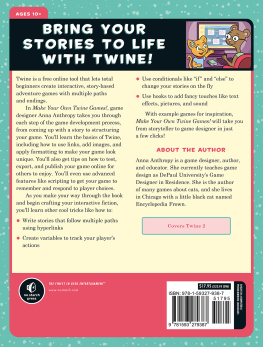
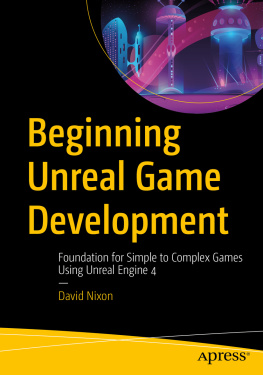
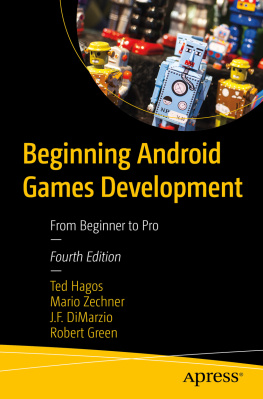
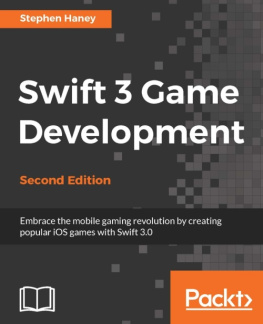
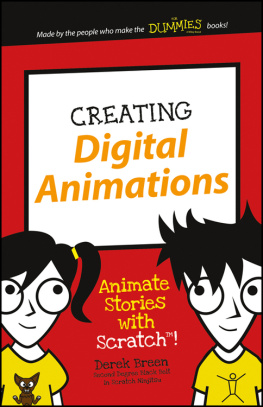
![Ethan Ham [Ethan Ham] - Tabletop Game Design for Video Game Designers](/uploads/posts/book/119417/thumbs/ethan-ham-ethan-ham-tabletop-game-design-for.jpg)


